
Why Vaccinated People Still Need to Wear a Mask
- Connexions
- 2020-12-29
- 2274
Now that the world has successfully completed history’s fastest development of a new vaccine, you might be wondering why we don’t always just make one this fast. If the Pfizer and Moderna vaccines are safe and effective and the process to produce them didn’t cut any corners … well, why does it normally take around a decade to do something we just did in less than a year?
The answer to that question is inextricably tied up with another question floating around: Once you get the vaccine, can you just go back to your normal life full of hugging people and not wearing a mask?
If only we knew for sure. And we don’t know because there are some things that got skipped over when scientists went and made a vaccine faster than anyone thought possible. Nice-to-know details were pushed to the back burner in a rush to make sure the new vaccines would be safe and effective. And one of those details is whether the vaccines keep people from spreading COVID-19 or whether they just keep those who do contract it from getting sick. Theoretically, a vaccine should stop both the infection as well as the transmission and spread,” said Dr. Purvi Parikh, an immunologist with the nonprofit Allergy & Asthma Network and a co-investigator on the Pfizer vaccine trials.
But we don’t know yet if that is true of the COVID-19 vaccines, she told me. That’s because the focus of the clinical trials was narrow. It had to be because of the time constraints. Scientists wanted to know whether these things prevented illness. They wanted to know whether the drugs were safe. And they got those answers.
But getting those questions answered fast came at the expense of answering other questions — like whether vaccinated people can still spread the virus. “With a lot of other vaccines, you have years of data to analyze that,” Parikh said.
So, experts are being careful — balancing their excitement and relief with caution that you can’t just switch off 2020 Mode and return to a normal state of being. They need a little more time to know for sure.
If someone was protected from symptoms of COVID-19 but still capable of spreading it, it wouldn’t be that shocking. There’s a hypothetical mechanism that could allow this to happen biologically, said Deepta Bhattacharya, a professor of immunobiology at the University of Arizona. And that mechanism is … well … it’s boogers and phlegm.
-
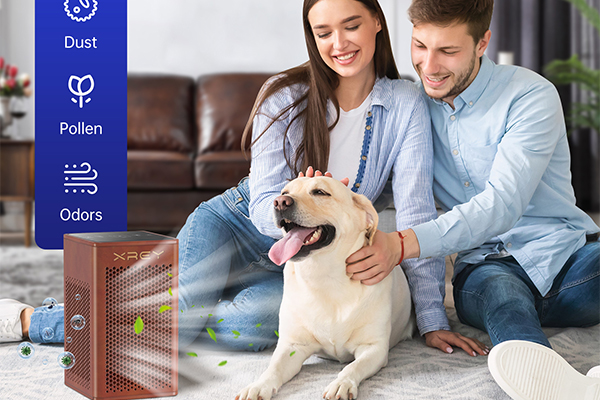 2022-04-26Are air purifiers environmentally friendly ?
2022-04-26Are air purifiers environmentally friendly ? -
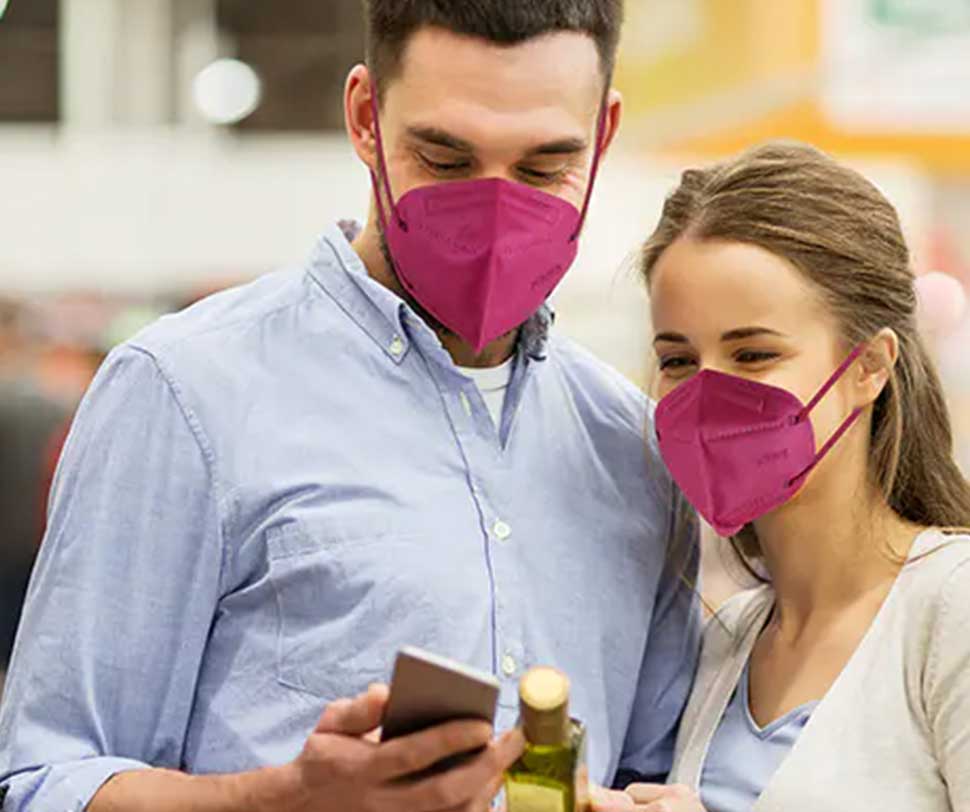 2022-04-26The importance of wearing a mask correctly
2022-04-26The importance of wearing a mask correctly -
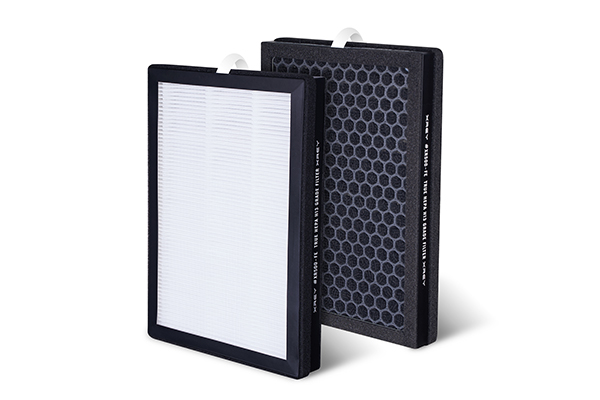 2022-04-27Connexions Air H13 True HEPA Filters
2022-04-27Connexions Air H13 True HEPA Filters -
 2022-04-29What is the use of anion function of air purifier?
2022-04-29What is the use of anion function of air purifier? -
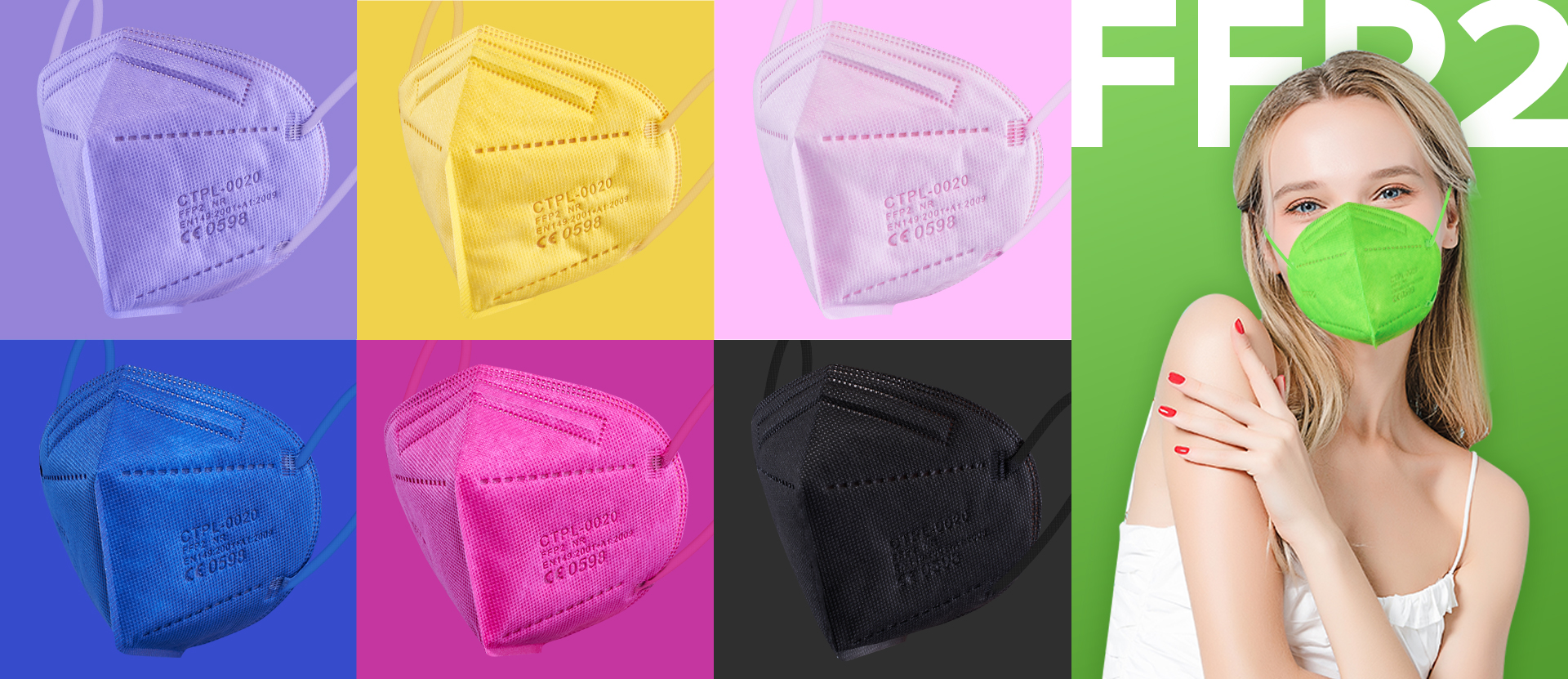 2022-05-08Standardize the wearing of masks, children should not be missed!
2022-05-08Standardize the wearing of masks, children should not be missed! -
 2022-05-16Hazy days, air purifiers are useful?
2022-05-16Hazy days, air purifiers are useful? -
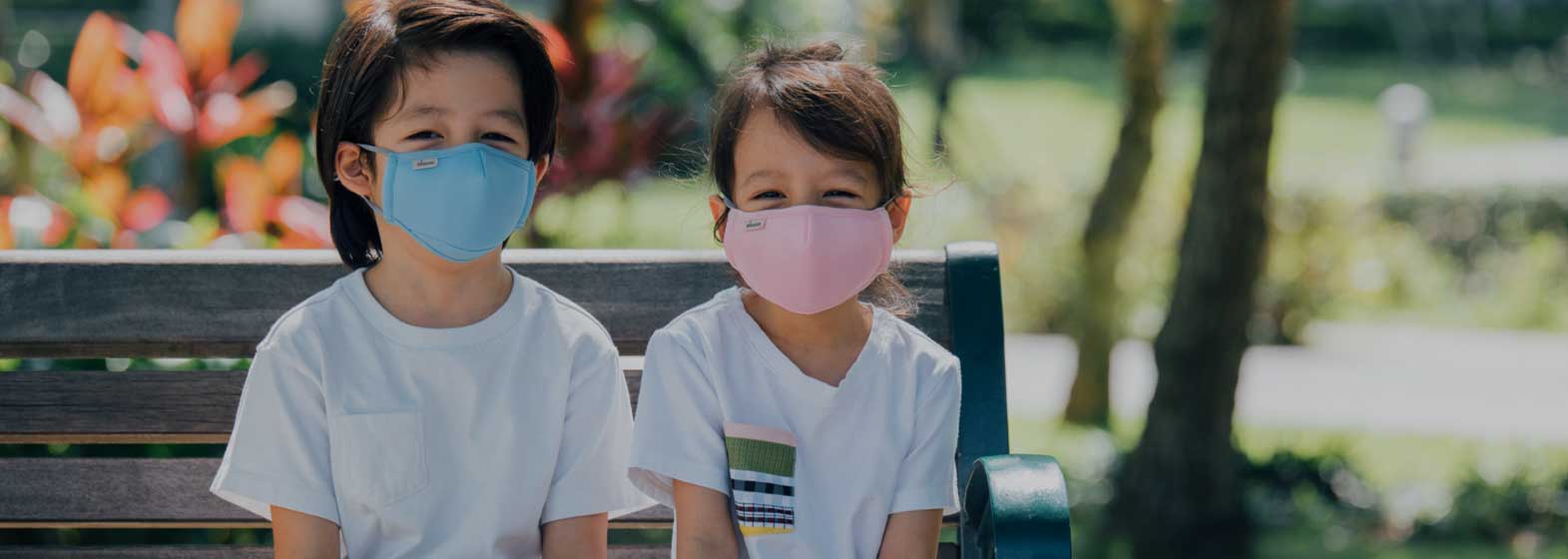 2022-05-16Attention everyone! Don't buy fake FFP2 masks! How do we identify?
2022-05-16Attention everyone! Don't buy fake FFP2 masks! How do we identify? -
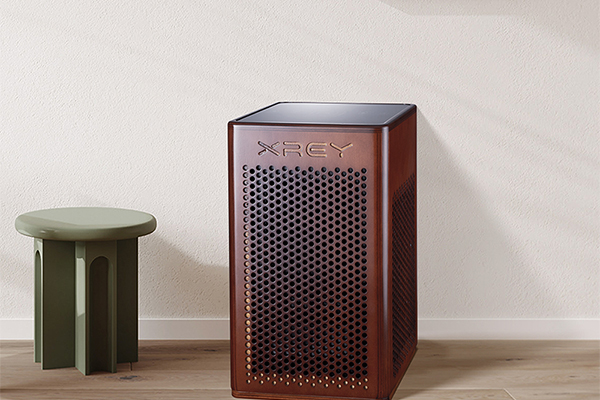 2022-05-17Pay attention to secondary pollution when using air purifiers
2022-05-17Pay attention to secondary pollution when using air purifiers -
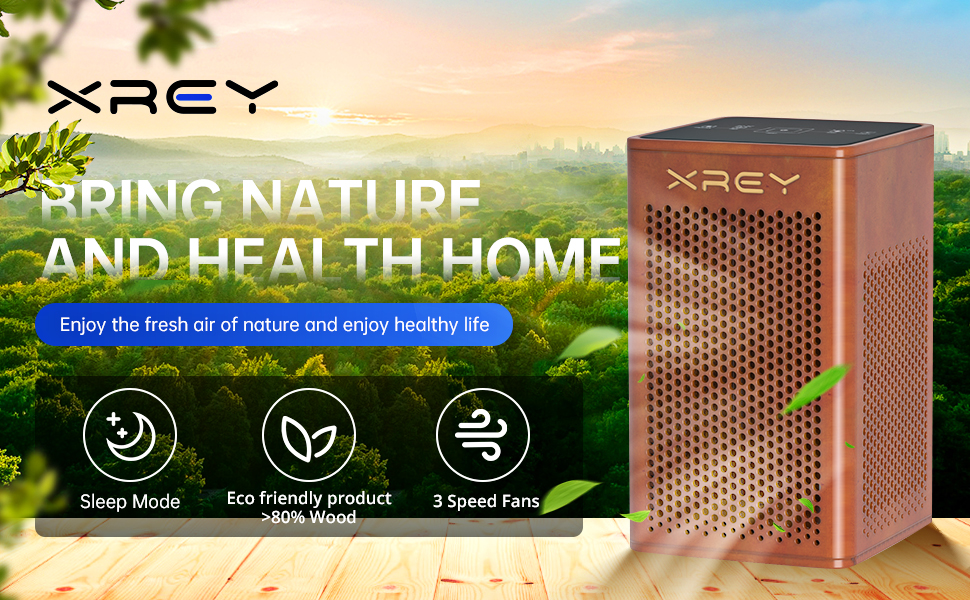 2022-05-17TOP5 pollutants that the purifier can purify
2022-05-17TOP5 pollutants that the purifier can purify
-
 2020-06-02Why do Face Masks Matter With This Coronavirus
2020-06-02Why do Face Masks Matter With This Coronavirus -
 2020-06-02How to Wear Mask
2020-06-02How to Wear Mask -
 2020-06-02Three Principles of Choice of Masks
2020-06-02Three Principles of Choice of Masks -
 2020-06-022020 Situation of Mask Market
2020-06-022020 Situation of Mask Market -
 2020-06-17What other preventative measures can you take to protect yourself from airborne substances?
2020-06-17What other preventative measures can you take to protect yourself from airborne substances? -
 2020-06-08The Advantage of Disposable Face Masks
2020-06-08The Advantage of Disposable Face Masks -
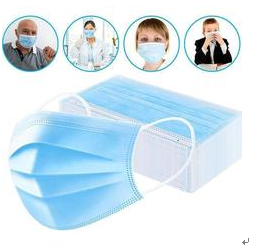 2020-06-093 Ply Disposable Face Mask & Soft & Comfortable Ear Loop
2020-06-093 Ply Disposable Face Mask & Soft & Comfortable Ear Loop -
 2020-06-17What are the regulations for surgical face masks?
2020-06-17What are the regulations for surgical face masks? -
 2020-06-09Do I need to wear a face mask if I am quarantined?
2020-06-09Do I need to wear a face mask if I am quarantined?
CONTACT US


Connexions Technology (Dongguan) Ltd.
We are always providing our customers with reliable products and considerate services.
If you would like to keep touch with us directly, please go to contact us
